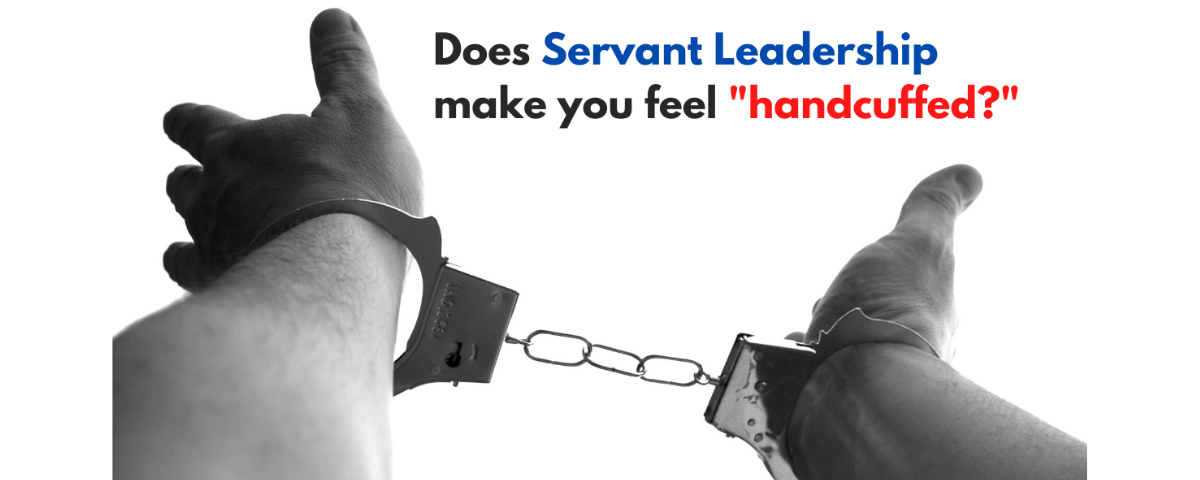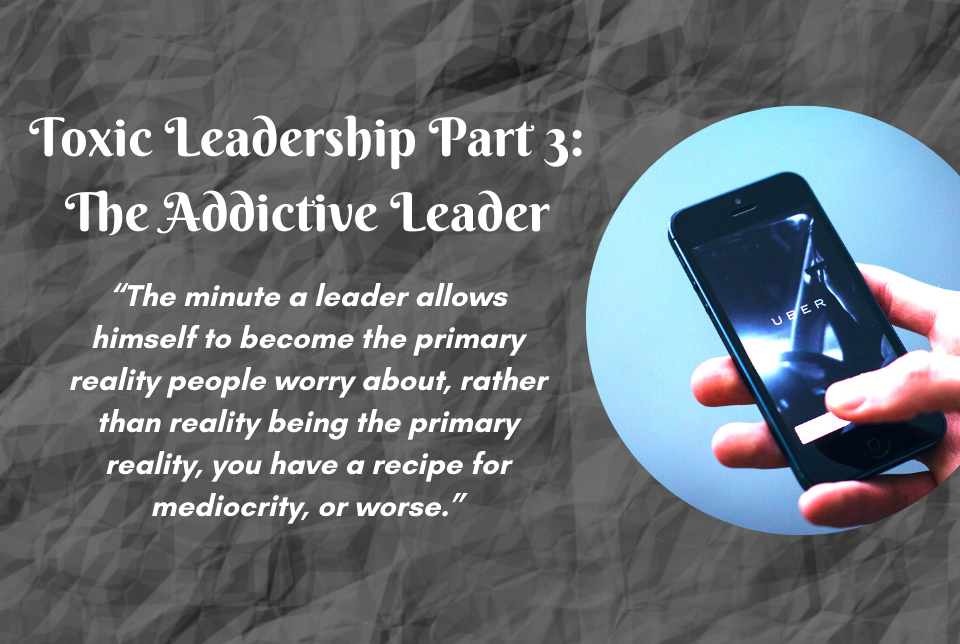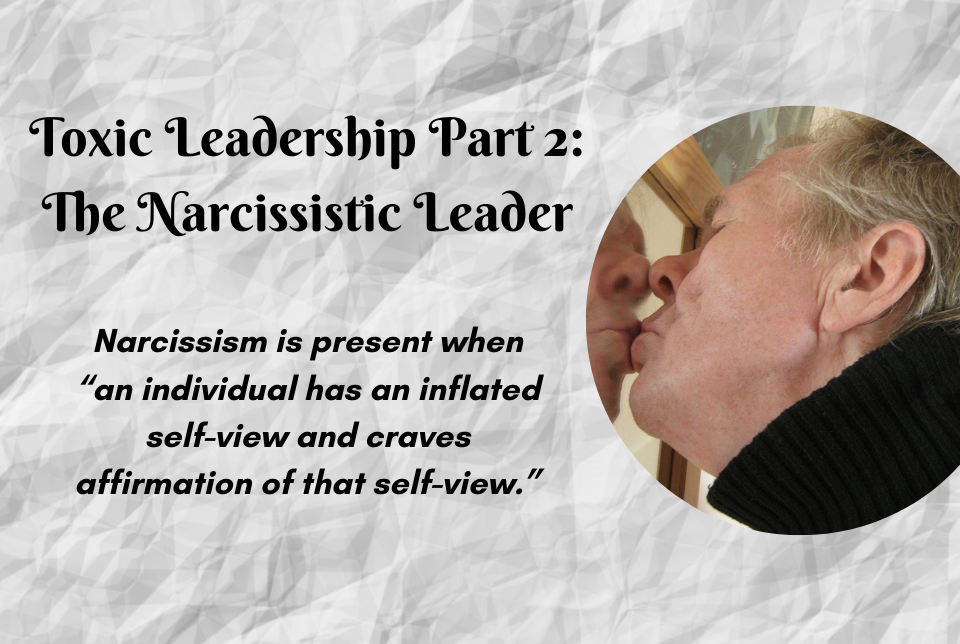Misconception #8: Servant Leadership Does Not Allow a Leader to Make Unilateral Decisions and Exercise Personal Leadership Power
This is the 9th and final article in a series on the topic of Misconception and Objections to Servant Leadership. Why, after all these years, is servant leadership not more practiced? Why is this powerful approach so easily dismissed as being irrelevant or impractical to day to day organizational life? This series explores the common misconceptions that often result in leaders ignoring a way of leading that can bring their organizations greater health and higher performance.
This misconception is based on the false belief that servant leaders do not exercise power. They do, but they exercise it differently than other leaders. The term Autocratic comes from two Greek terms, autos means self and kratos means power. It is a leader’s use of power to meet their own needs over those they lead. This is never an appropriate use of power in leadership.
However, this does not mean that servant leaders do not use the power or authority granted to them through their leadership roles and sometimes the servant leader will be called on to make unilateral decisions that he or she feels is in the best interest of the organization and most of the workers. No leadership decision pleases everybody, and leaders must make decisions that may bring harm to some of their workers. The servant leader does not make these decisions lightly or without serious consideration of the needs of the followers, but it is a misconception to think that servant leadership does not allow for the leader to make these kinds of hard and difficult decisions. In fact, these decisions must be made in order to fulfill our leadership responsibilities to the organization. That being said, the servant leader will always focus on the well-being of his or her followers. The good of those led will always be foremost in the servant leader’s mind but when a decision is called for, a decision that will be favored by some and resisted by others, the servant leader will not shrink from making that decision. (Laub, 2018)
Yes, servant leaders use power. They make decisions. They lead. But, let’s clarify some terms. Autocratic leaders use power to serve themselves; to get what they want while exploiting the followers. Authority, in contrast, is the given right to use power. It is granted to the leader by the organization to use to bring benefit to the organization. Servant leaders use this authority to serve the best interests of the followers and see it as the best way to fulfill their leadership obligation to the organization.
The reason this is so important is that if leaders suspect that servant leadership is weak or requires just being “nice” then it will be assumed that it is not going to work in the real world of organizational life. Make no mistake, servant leaders use power, but they do not abuse others through its use. Servant leaders make difficult sometimes unpopular decisions. It is part of the job. But servant leaders are able to build up the kind of strong, positive relationship with their followers that allows everyone to weather these difficult times.
Before we end this series, let’s review all eight of the Misconceptions & Objections to Servant Leadership addressed in this series. You may want to go back to past articles on topics that are of particular interest.
Misconception
#1: Servant Leadership Describes an Unreachable Ideal State
#2: Servant Leadership Is (or appears to be) Weak
#3: Servant Leadership is Situationally Limited
#4: Servant Leadership is Too Religious, Too Christian, and Too Western
#5: Servant Leadership is Too Long-Term Oriented
#6: Servant Leadership Lacks a Strong Research Base
#7: Servant Leadership has a Problematic, Confusing, and Contradictory Name
#8: Servant Leadership Does Not Allow a Leader to Make Unilateral Decisions and Exercise Personal Leadership Power
Your fellow servant,
Jim





